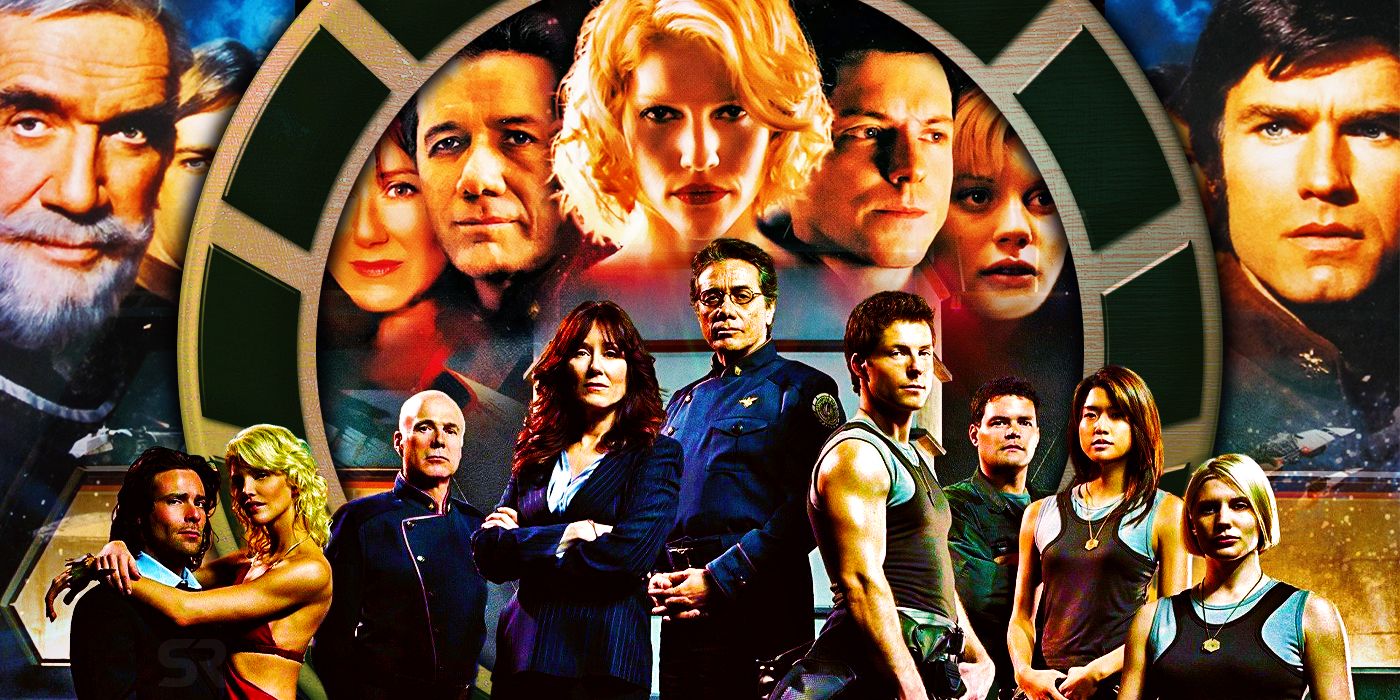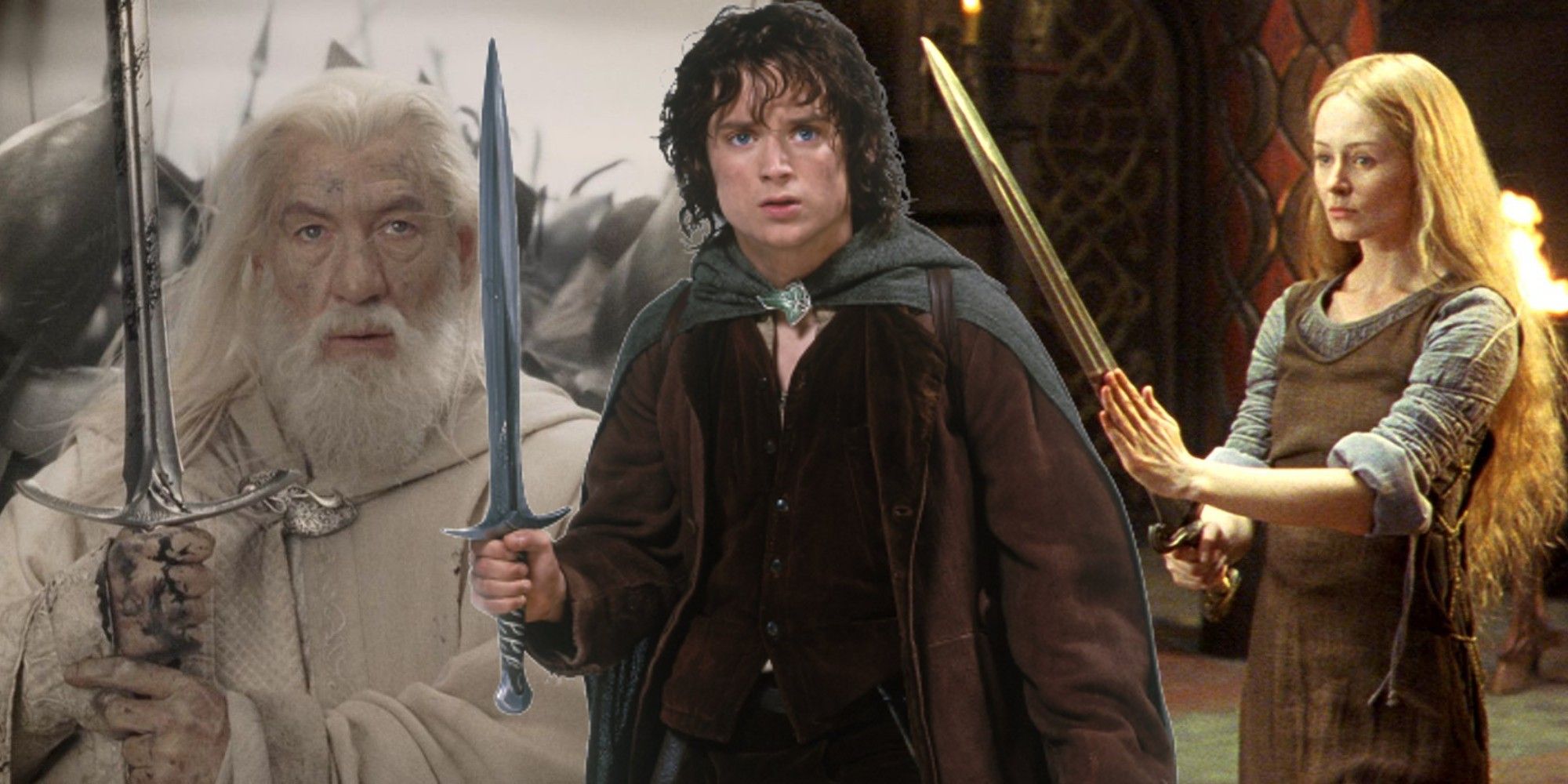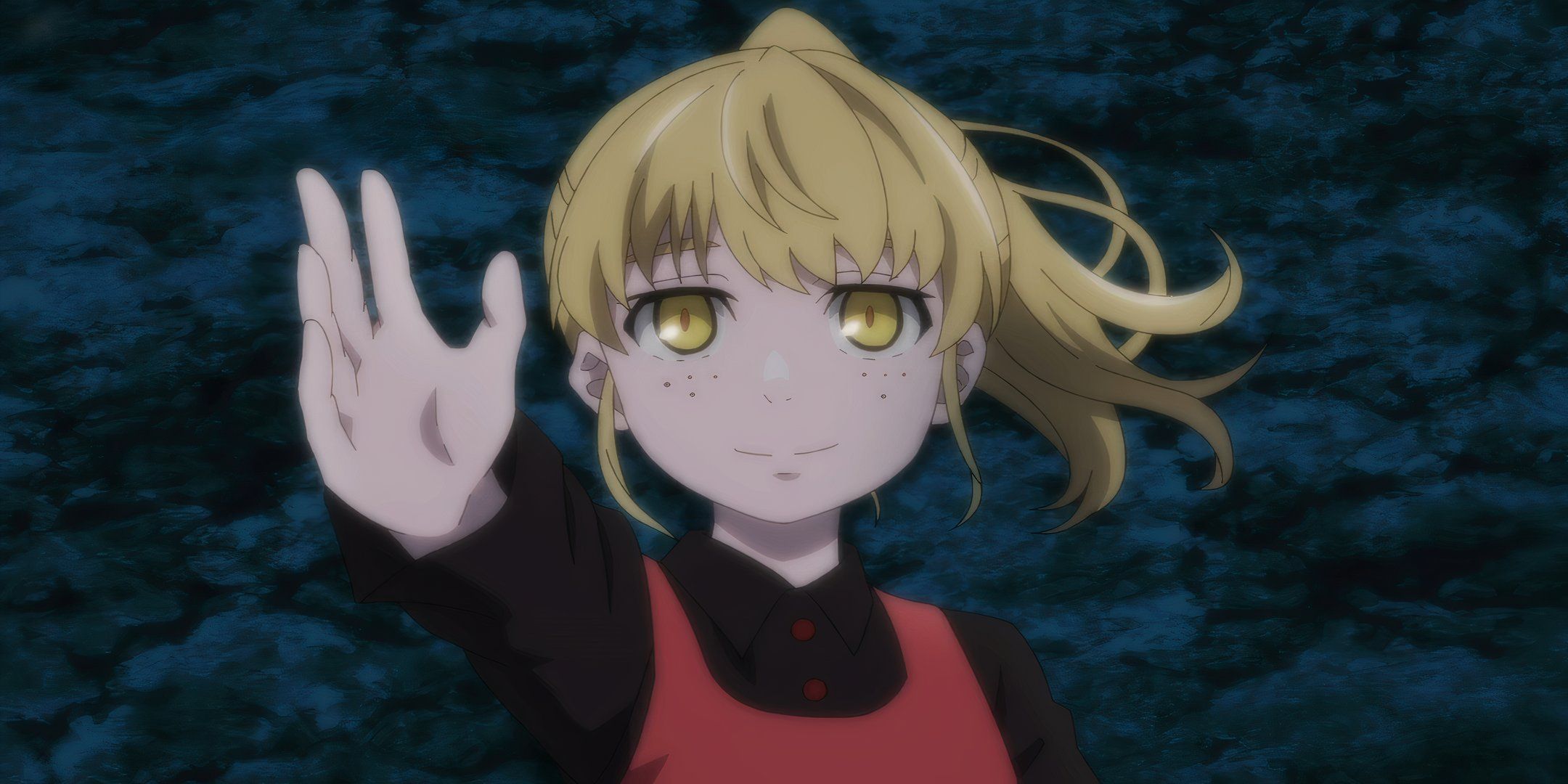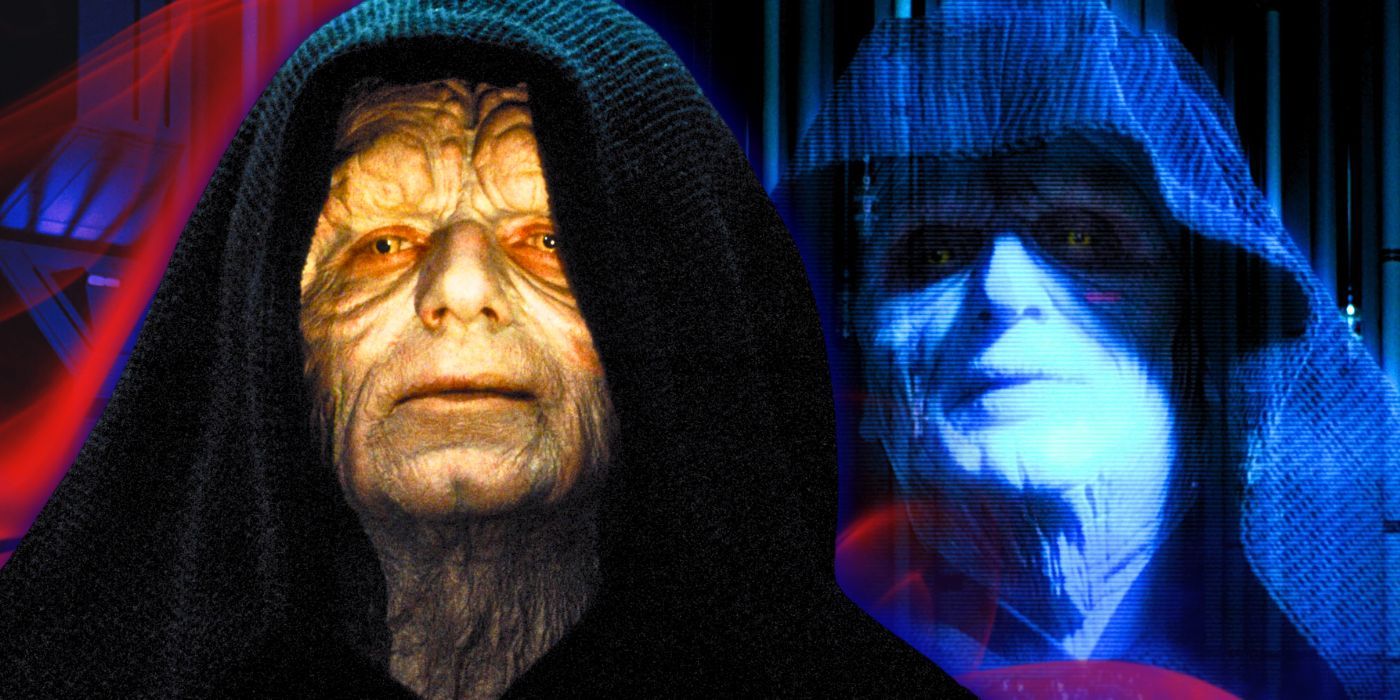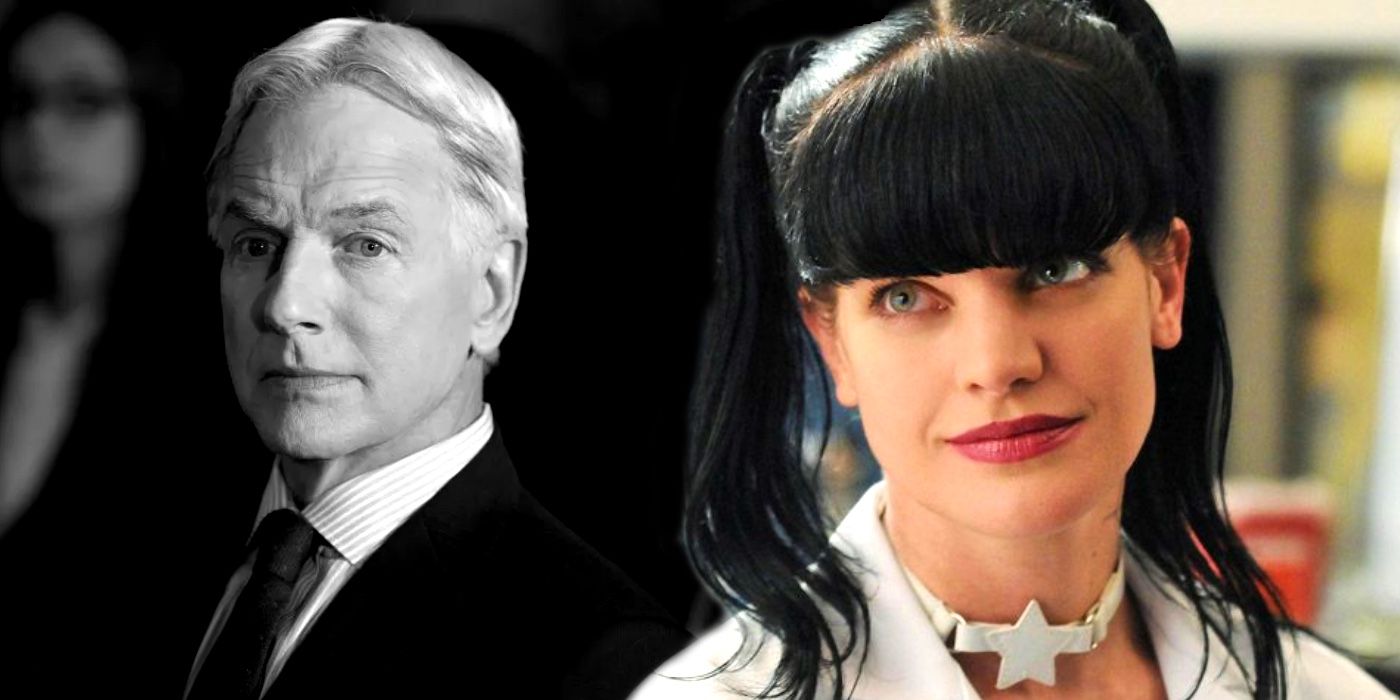Spoilers are ahead for Dune: Part Two.
Dune: Part Two finally settles the 59-year-old debate over Frank Herbert’s Dune protagonist, Paul Atreides (Timothée Chalamet). Although the epic story of Dune may center on Paul “Muad’Dib” Atreides, that doesn’t make him a hero. In fact, part of the reason Herbert’s novel remains so influential is because of the way it criticizes science fiction’s archetypal — and often problematic — chosen one narrative. Even so, viewers have debated whether Paul Atreides ends up being a hero or a villain. Thankfully, Denis Villeneuve’s Dune series leans hard into Herbert’s original intentions.
On the other hand, the ending of David Lynch’s 1984 Dune adaptation paints Paul (Kyle MacLachlan) as a triumphant hero. The cult-classic film hammers home its point when Paul’s victory on Arrakis summons a rainstorm — not a universe-rending holy war. While Dune 2 gets some book details wrong, the changes Villeneuve makes better serve the film’s anti-colonialist, anti-white savior narrative. For example, Chani (Zendaya), a fierce Fremen warrior and Paul’s lover, is skeptical of his role as a messiah, correctly surmising that the story is a means of controlling the Fremen people.
The Debate About Paul Being A Villain Or Hero Explained

In Dune, Frank Herbert intentionally includes all the hallmarks of a typical “chosen one” story in order to underline his point: Paul isn’t heroic. If anything, he’s a tragic figure who employs dubious means to achieve his goals. At first, Paul is excited to live on Arrakis and learn more about the spice-producing desert planet. After his father is assassinated by House Harkonnen (and at the behest of the Emperor), Paul feels his goals align with those of the Fremen people. Both Paul and the Fremen want to overthrow the Harkonnens, though for different reasons.
When Paul and his mother, Lady Jessica (Rebecca Ferguson), escape into the desert and take refuge with a Fremen sietch, Jessica uses her knowledge of the Fremen’s religious beliefs to their advantage. Not only is Jessica familiar with the Bene Gesserit’s Kwisatz Haderach plan, she knows her matriarchal order sewed the seeds of the Fremen belief in a messiah — Lisan al Gaib. Thanks to Lady Jessica’s own interventions, Paul’s destiny is tied to the Bene Gesserit breeding program. However, while Paul is the foretold superbeing, he is reluctant to claim the title — and for good reason.
Dune 2 Makes It Clear That Paul Is Not A Hero
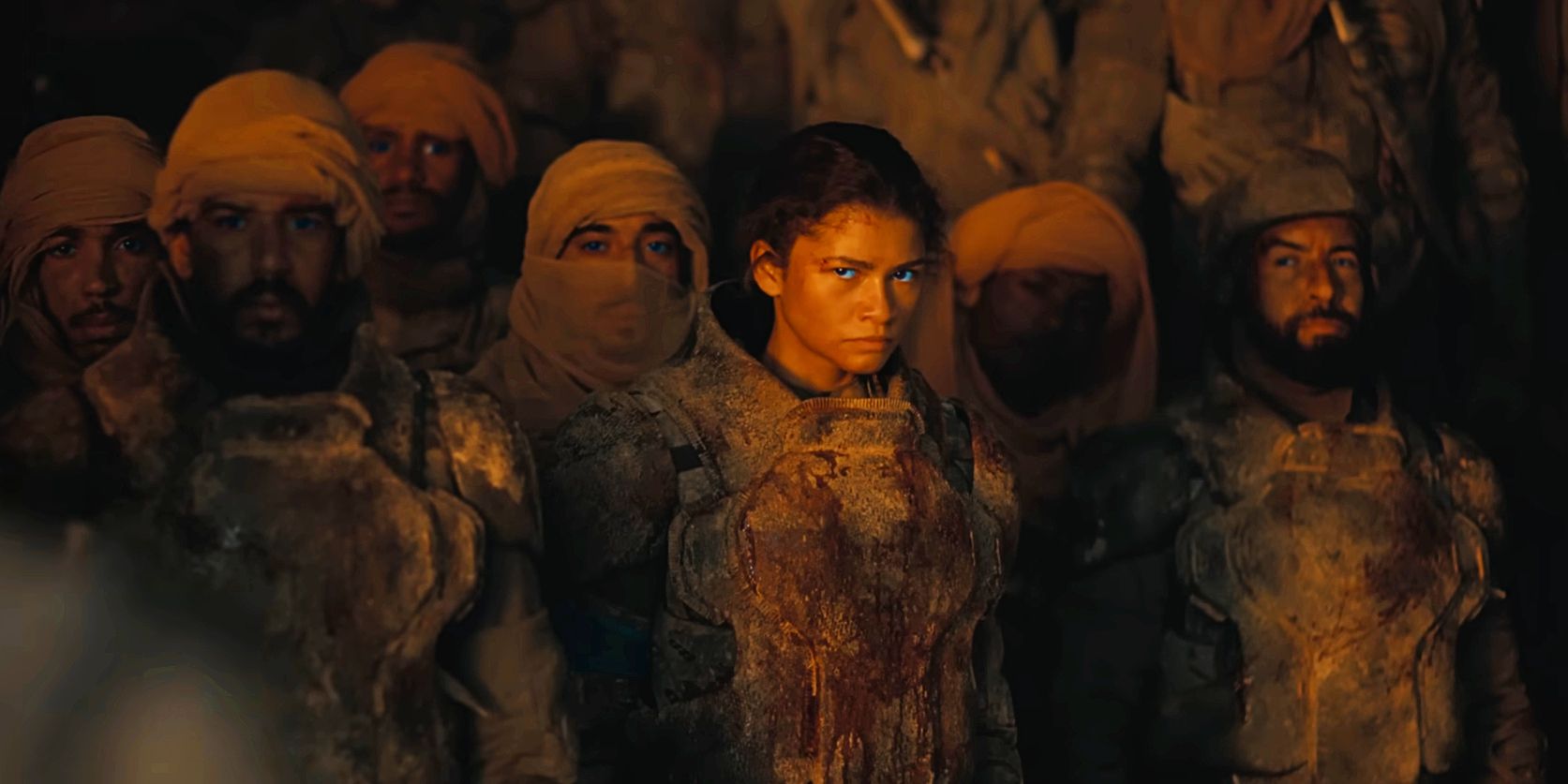
After mounting attacks on the Harkonnen spice-harvesting scheme and ingratiating himself with the Fremen people, Paul faces a choice: heed the call of his supposed destiny or avoid the burden altogether. Again, it seems like a fairly standard sci-fi trope, but Paul’s reluctance has nothing to do with being heroic. Bestowed with some dream visions of the future, Paul knows that accepting the role of Fremen messiah will kick off a series of unstoppable, bloody events. To him, liberating Arrakis and avenging his father aren’t necessarily worth the bloodshed that will follow.
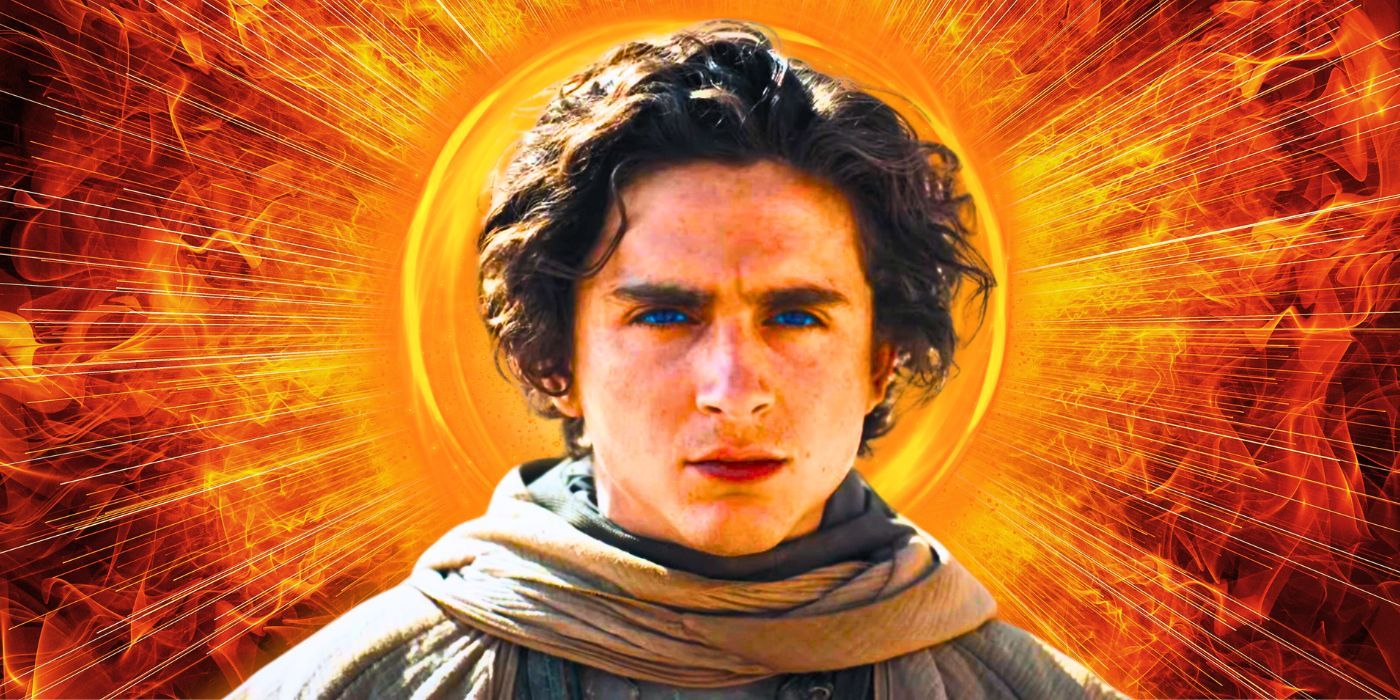
Dune: Part Two Review — Denis Villeneuve’s Sequel Is A Dread-Inducing, Awe-Inspiring Sci-Fi Tragedy
Dune: Part Two is an awe-inspiring, visually stunning sci-fi spectacle and a devastating collision of myth and destiny on a galactic scale
For most of Dune 2, Paul sides with Chani and the younger Fremen: he agrees that one of their own people should lead them and insists that he isn’t the prophesied Lisan al Gaib. Lady Jessica, meanwhile, undergoes the spice agony by ingesting the toxic Water of Life; in becoming a Reverend Mother, she uses her sway to convince fundamentalists and other Fremen of Paul’s destiny. At first, Paul resents his mother’s actions, but after the Harkonnen mercilessly bomb a Fremen outpost, he gives in to the call of destiny, believing that his choice is the lesser of two evils.
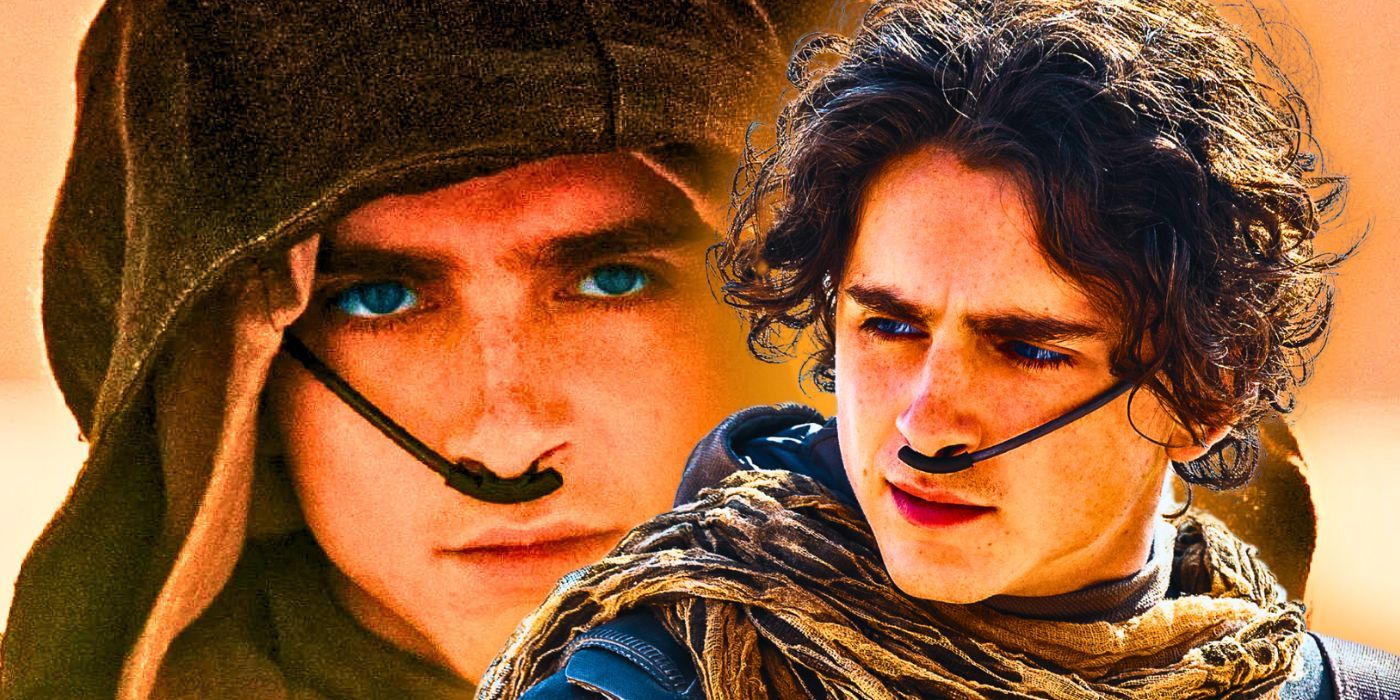
Dune 2’s 12 Biggest Unanswered Questions Explained
Although Denis Villeneuve’s Dune: Part Two pays off the first film’s plot, Dune 2 left some of its biggest questions unanswered, making Dune 3 a must.
Dune 2 Shows How Terrifying Paul Atreides Would Be As A Full Villain
Although Paul succeeds in freeing Arrakis, his actions are anything but heroic. When he gives in to the Bene Gesserit’s story and drinks the Water of Life — thus unlocking clairvoyance across time and space and becoming the foretold Kwisatz Haderach — Paul is also betraying his every instinct. He does the one thing he’s been trying to avoid for the whole film. What’s most disturbing, however, is how good Paul is at fulfilling his destiny. When he calls the Fremen into a meeting and uses his clairvoyance to threaten them, Dune‘s Paul shows his terrifying potential for evil.
The ever-skeptical Chani feels deeply betrayed by Paul’s actions. Not only does Paul allow himself to fall victim to the temptation of becoming the all-powerful Lisan al Gaib, he acts as though it’s the right (and only) choice. In some ways, it may be true: to stop the Harkonnens, Paul’s alliance with the Fremen is a powerful tool. Still, being in control of so many people goes to Paul’s head. When the other great houses refuse to recognize Paul as Emperor, the Kwisatz Haderach orders his Fremen to attack the orbiting fleets, thus launching his foretold holy war.
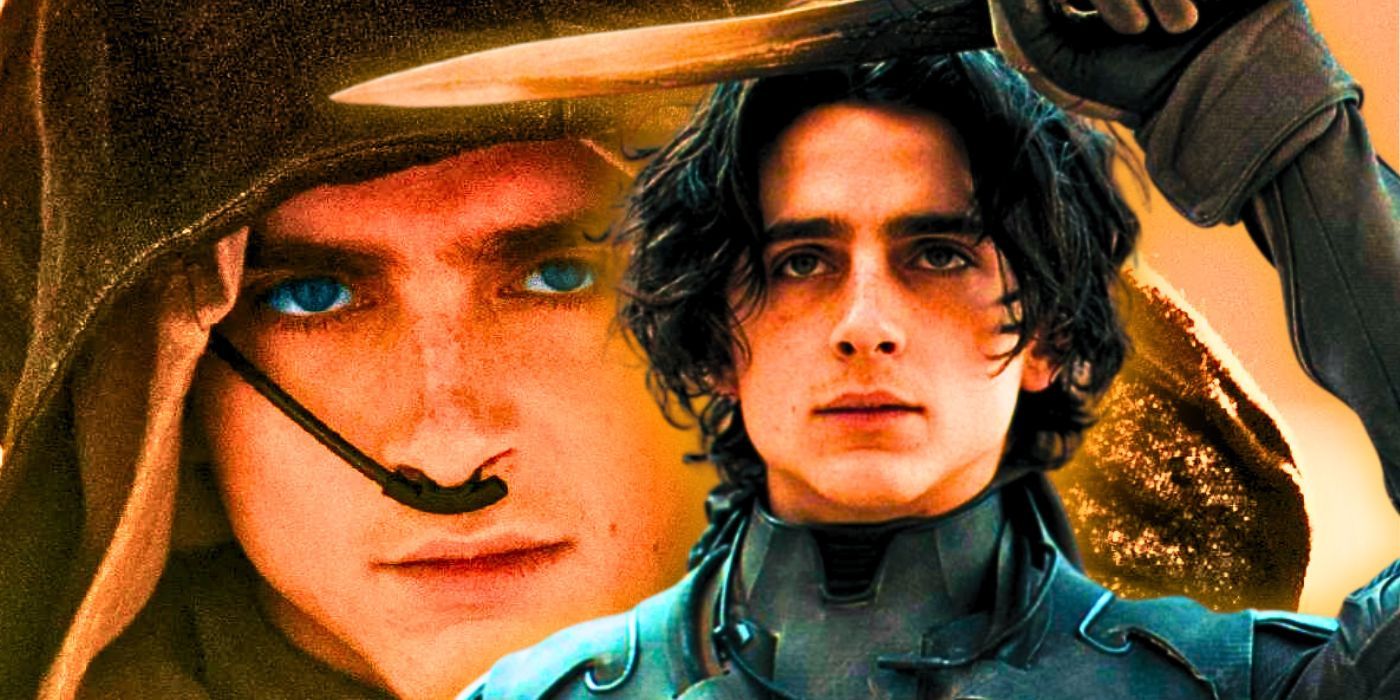
Dune 2 Ending Explained: Paul Atreides’ Endgame & What It Sets Up
Dune 2’s ending delivers an epic conclusion to this chapter of Paul Atreides’ story, as the sequel also teases what is next for the sci-fi franchise.
Why Paul’s Villain Turn In Dune 2 Is Quite Tragic
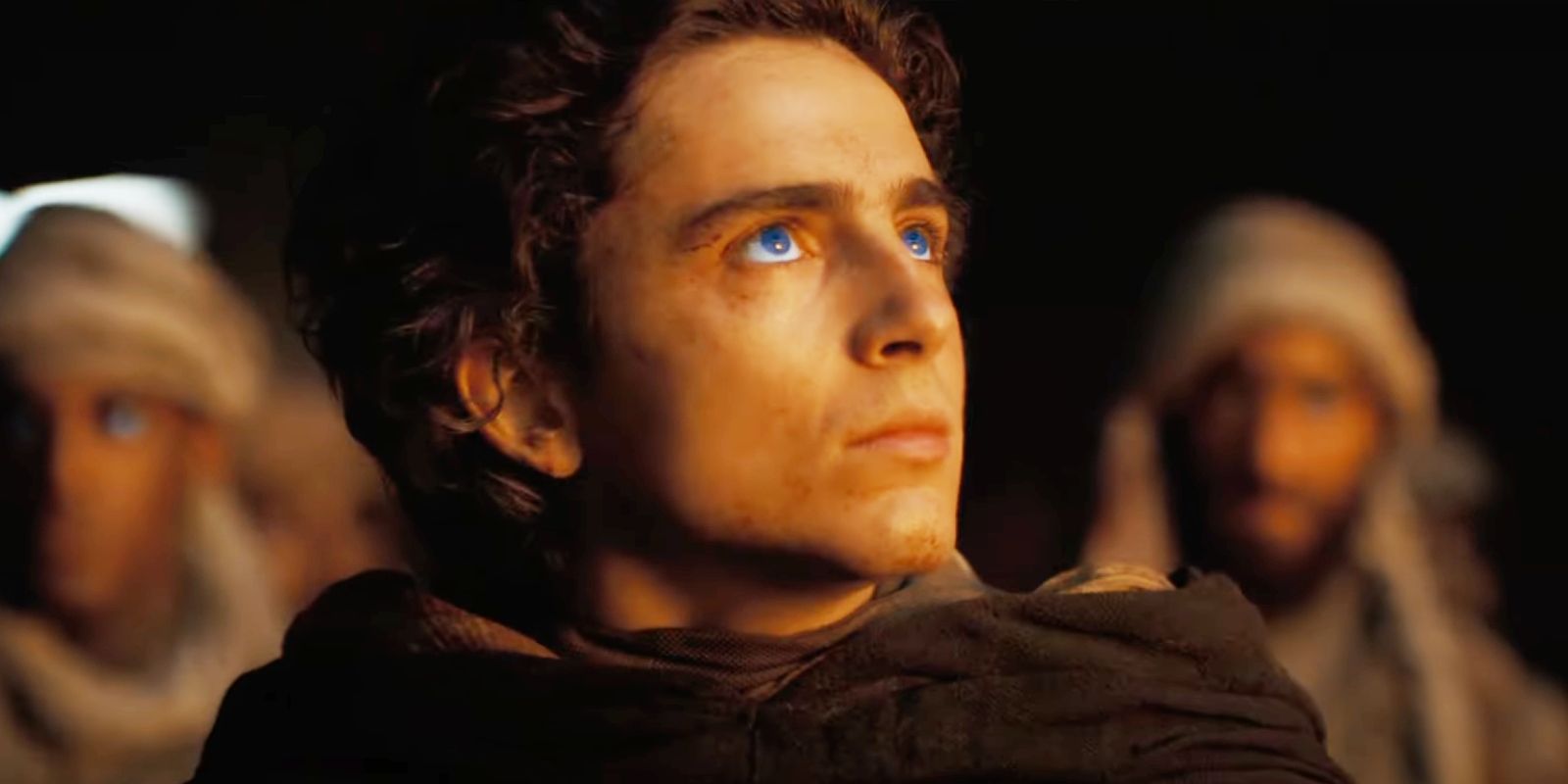
At the end of Herbert’s Dune, Paul Atreides realizes that achieving his goal — amassing enough power and influence to overthrow the Harkonnens and the Emperor, while also liberating Arrakis — has a terrible down-side. Since the Fremen people’s belief in him is so powerful, Paul can no longer control or restrain their desire to conquer the universe in his name. In short, the fallout of liberating Arrakis is a bloody holy war. The devastating note that Dune ends on is a clear warning to be wary of heroes, especially those who attain god-like status.
While Paul doesn’t want the holy war to happen, and while he pushes back against the prophecies, he also believes giving into the story is the only viable way forward. Previous film adaptations have failed to appropriately mine this sentiment. As mentioned, Lynch’s version paints Paul as a heroic white savior figure — giving in to the nature of cinema and what audiences expect out of epic sci-fi movies. In Herbert’s own words, Dune is about “showing you the superhero syndrome and your own participation in it,“ and Dune 2 is very much aware of that intention.
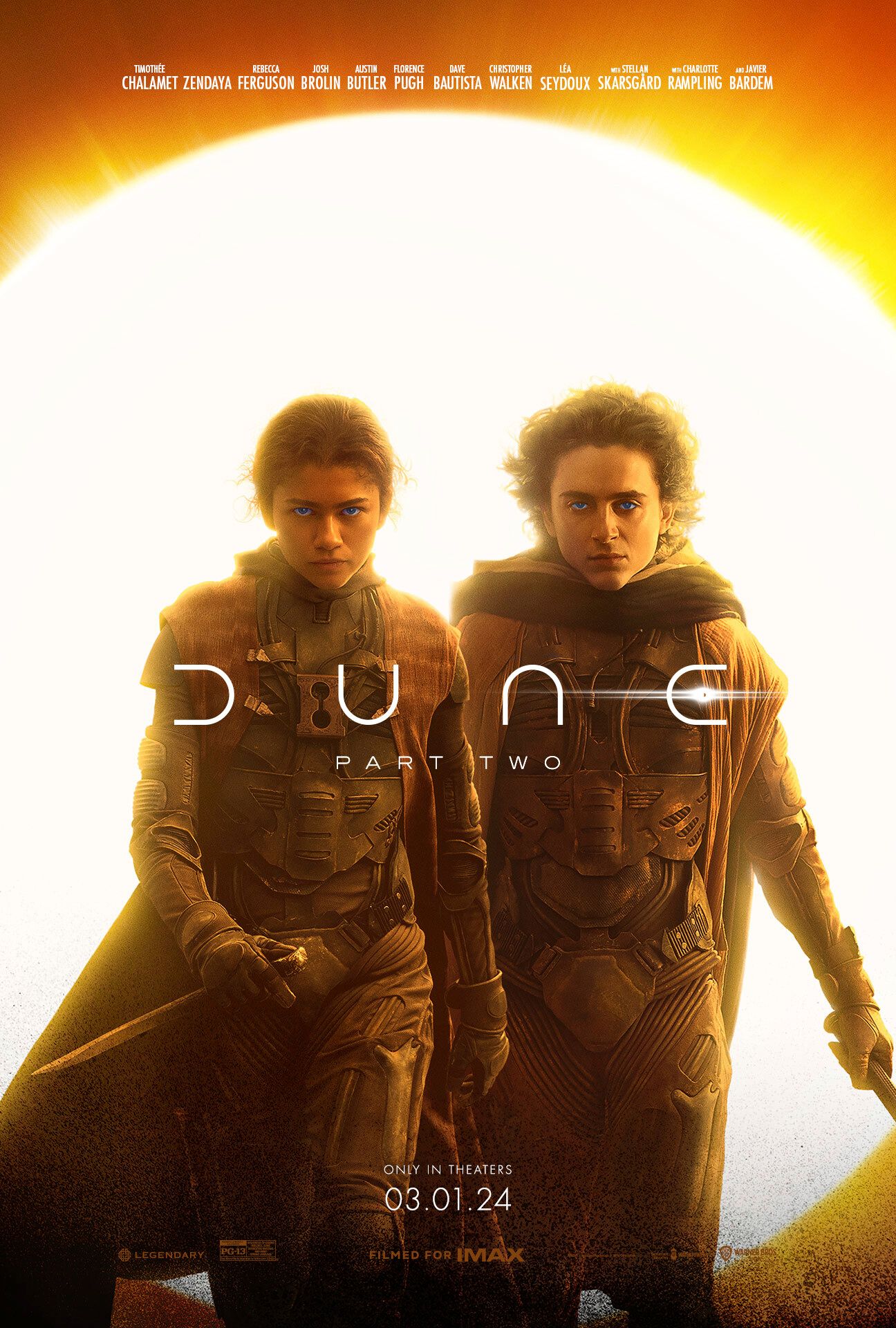
Dune: Part Two
- Director:
- Denis Villeneuve
- Release Date:
- 2024-03-01
- Cast:
- Timothee Chalamet, Zendaya, Florence Pugh, Austin Butler, Rebecca Ferguson
- Writers:
- Denis Villeneuve, Jon Spaihts
- Genres:
- Sci-Fi, Thriller, Drama, Adventure
- Budget:
- $122 Million
- Studio(s):
- Legendary Pictures
- Distributor(s):
- Warner Bros. Pictures
- prequel(s):
- Dune
- Franchise(s):
- Dune
- Rating:
- PG-13
- Sequel(s):
- Dune: Part Three
